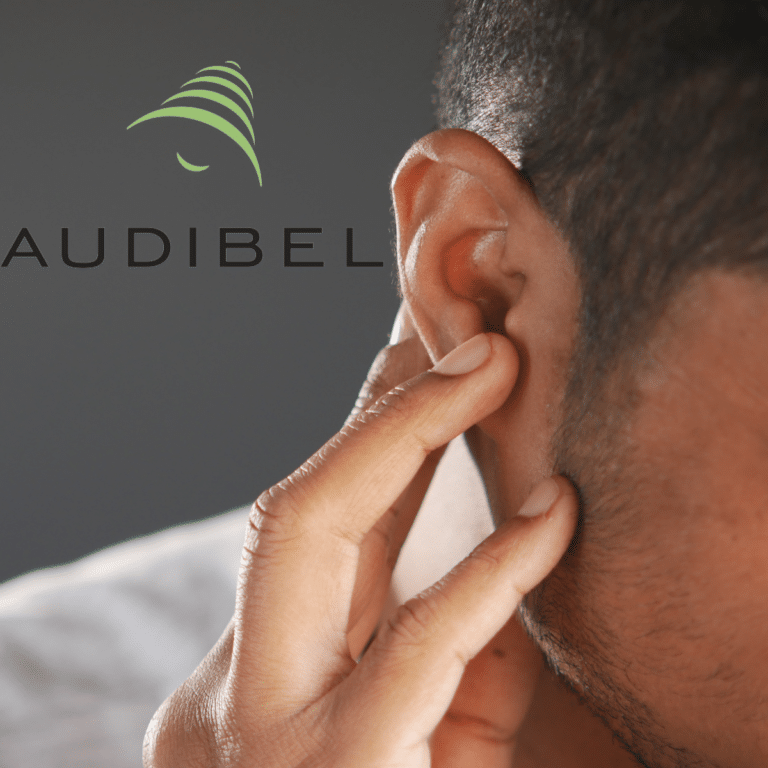Sound sensitivity and hyperacusis are two conditions that may greatly impact an individual’s quality of life. While many individuals may experience slight discomfort in loud environments, those with sound sensitivity or hyperacusis face a heightened sensitivity to ordinary sounds. As hearing care professionals, it is vital to understand these conditions, their causes, and treatment options in order to provide exceptional care to our patients seeking relief from sound-related challenges.
What is Sound Sensitivity?
Sound sensitivity, also known as misophonia, is a condition characterized by an increased sensitivity to specific sounds. Individuals with sound sensitivity may experience an intense emotional response, such as anger, anxiety, or irritability, when exposed to certain triggers. Common triggers include sounds like chewing, tapping, or a ticking clock. The impact of sound sensitivity on daily life can be significant, leading to stress, social isolation, and difficulty focusing.
Understanding Hyperacusis:
Hyperacusis, on the other hand, is a condition where individuals have an extreme sensitivity to everyday sounds. Unlike sound sensitivity, hyperacusis can encompass a broader range of sounds and is not limited to specific triggers. Even typical ambient sounds, such as the hum of a refrigerator or a car passing by, can become unbearable for those with hyperacusis. It is important to note that hyperacusis is not simply a dislike of loud noise, but rather, an abnormal perception of sound intensity.
Causes and Risk Factors:
The causes and risk factors for sound sensitivity and hyperacusis can vary. Physical causes may include damage to the auditory system, such as noise-induced hearing loss or head injuries. Certain medical conditions, including migraine, temporomandibular joint (TMJ) disorder, and Lyme disease, can also contribute to sound sensitivity. Psychologically, anxiety disorders, post-traumatic stress disorder (PTSD), and depression may play a role in these conditions. In addition, environmental factors such as exposure to loud noise, certain medications, and even genetic predispositions can contribute to sound sensitivity and hyperacusis.
Diagnosis and Assessment:
If you or someone you know is experiencing sound sensitivity or hyperacusis, it is crucial to seek a professional evaluation. Hearing care professionals can perform a comprehensive assessment to determine the extent of the condition and its impact on daily life. Audiological tests, including pure-tone audiometry and uncomfortable loudness levels, help quantify sound sensitivity. Additionally, collaborating with other healthcare professionals, such as psychologists, can provide a holistic evaluation and treatment plan.
Treatment Options:
Thankfully, various treatment options are available to help manage sound sensitivity and hyperacusis. Sound therapy, utilizing white noise or specific frequency sounds, can help desensitize individuals to their triggers, gradually reducing sensitivity over time. Counseling and cognitive-behavioral therapy can provide tools and coping strategies to manage emotional responses to sounds. Medications or supplements may be prescribed to address underlying conditions or reduce anxiety. Additionally, hearing aids and other assistive devices equipped with sound-masking technologies can provide relief and improve overall sound perception.
Tips for Managing Sound Sensitivity and Hyperacusis:
In addition to professional intervention, several self-management techniques can alleviate the impact of sound sensitivity and hyperacusis in daily life. Environmental modifications, such as reducing background noise and utilizing ear protection in loud environments, can make a significant difference. Lifestyle changes, such as stress management techniques like yoga or meditation, improving sleep habits, and maintaining a healthy diet, can also help minimize symptoms. Lastly, connecting with support networks and accessing online resources tailored to individuals with sound sensitivity and hyperacusis can provide valuable guidance and a sense of community.
Understanding sound sensitivity and hyperacusis is essential for hearing care professionals in order to effectively support individuals seeking relief from these conditions. By familiarizing ourselves with the causes, risk factors, and treatment options, we can better serve our patients and improve their quality of life. Remember, sound sensitivity and hyperacusis are manageable, and with the right combination of professional care, self-management techniques, and support networks, individuals can regain control over their auditory experiences. Stay informed, compassionate, and committed to helping those in need.


